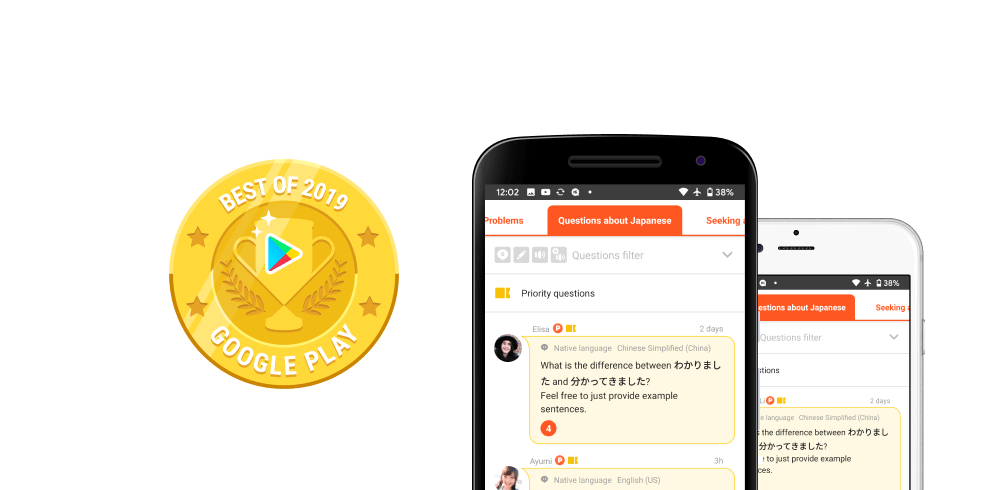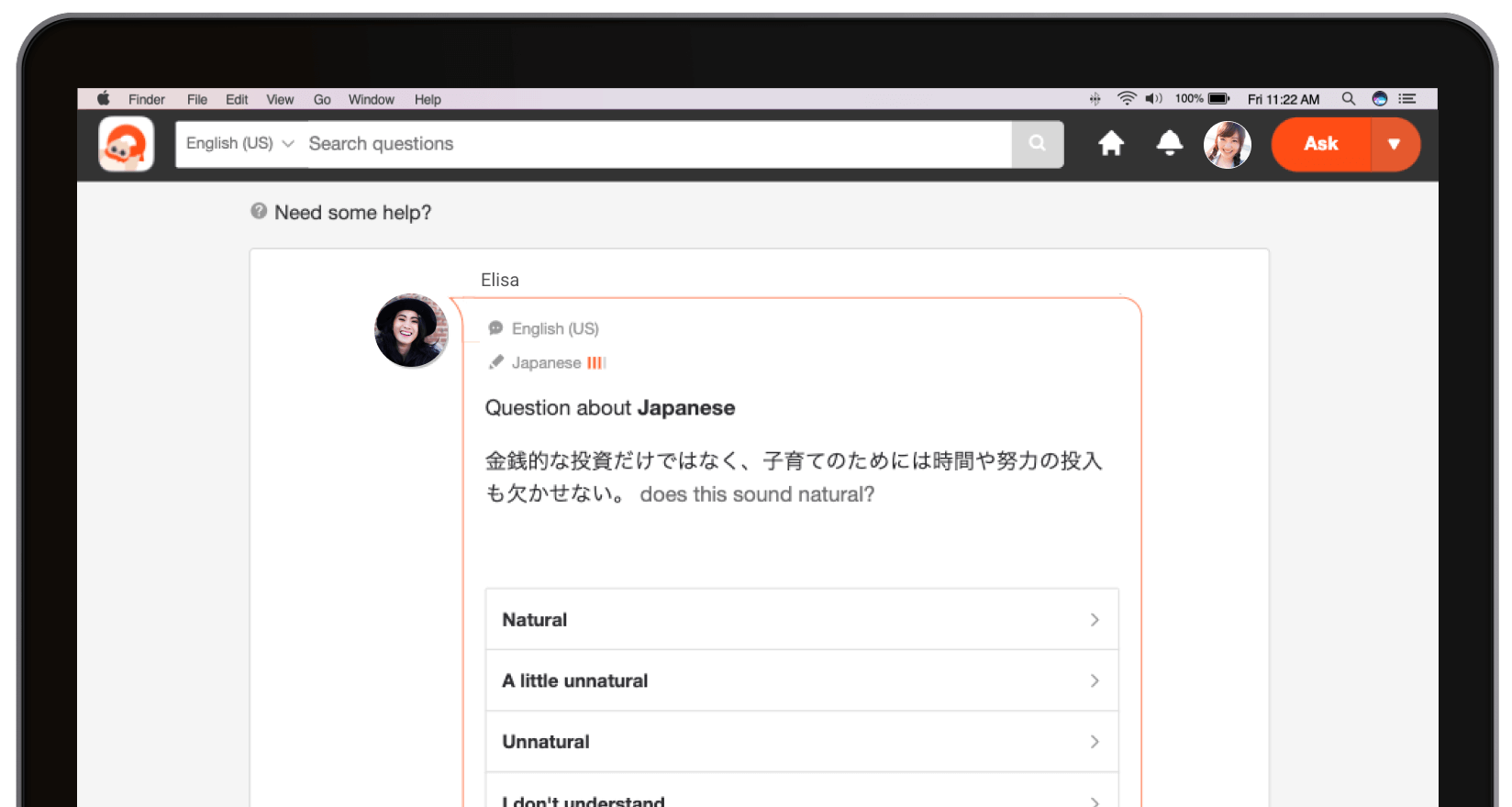- Времена Past Simple, Past Progressive (Continuous), Past Perfect)
- How did you break the windows
- «How did you break the window?» is a complete sentence — a question in this case. The second one is a clause, in other words, only a part of a sentence. To be gramtically correct, you should say the first one. You can say, «Could you tell me how you broke the window?»
- Практическая работа по теме «Сравнение времен Past Simple и Past Continuous»
- Рабочая тетрадь Spotlight 8. Workbook. Страница 46
Времена Past Simple, Past Progressive (Continuous), Past Perfect)
помогите плиз Test 18. Put the verbs in brackets into the Past Continuous or the Past Simple Tense.
1. ‘What were you doing when the phone rang?’ ‘I was watching television.’
2. ‘Was Jane busy when you came to see her?’ ‘Yes, she was studying.’
3. ‘What time did Tom come yesterday?’ ‘He came while I was having breakfast.’
4. ‘Was Mary at school last week?’ ‘No, she did not go to school. She was ill.’
5. ‘How fast were you driving when the police stopped you?’ ‘I don’t know exactly but I was not driving very fast.’
6. ‘ Did your team win the football match yesterday?’ ‘No, the weather was very bad, so we did not play.’
7. ‘How did you break the window?’ ‘We were playing football and the ball hit the window.’
8. ‘Did you see Jenny last night?’ ‘Yes, she wore/was wearing a very nice jacket.’
9. ‘What were you doing at 10 o’clock on Sunday?’ ‘I was still sleeping.’
10. ‘I lost my key last night.’ ‘How did you get into your room then?’
помогите плиз Test 18. Put the verbs in brackets into the Past Continuous or the
ПОМОГИТЕ.
Past Simple Tense.
1. ‘What were you doing when the phone rang?’ ‘I was watching television.’
2. ‘Was Jane busy when you came to see her?’ ‘Yes, she was studying.’
3. ‘What time did Tom come yesterday?’ ‘He came while I was having breakfast.’
4. ‘Was Mary at school last week?’ ‘No, she did not go to school. She was ill.’
5. ‘How fast were you driving when the police stopped you?’ ‘I don’t know exactly but I was not driving very fast.’
How did you break the windows
- Португальский (бразильский вариант)
- Английский (американский вариант)
- Упрощенный китайский (Китай)
«How did you break the window?» is a complete sentence — a question in this case. The second one is a clause, in other words, only a part of a sentence. To be gramtically correct, you should say the first one. You can say, «Could you tell me how you broke the window?»
Символ показывает уровень знания интересующего вас языка и вашу подготовку. Выбирая ваш уровень знания языка, вы говорите пользователям как им нужно писать, чтобы вы могли их понять.
Мне трудно понимать даже короткие ответы на данном языке.
Могу задавать простые вопросы и понимаю простые ответы.
Могу формулировать все виды общих вопросов. Понимаю ответы средней длины и сложности.
Понимаю ответы любой длины и сложности.


Решайте свои проблемы проще в приложении!

Практическая работа по теме «Сравнение времен Past Simple и Past Continuous»
ЦЕЛЬ ПРАКТИЧЕСКОЙ РАБОТЫ: Научить студентов различать времена по группе сказуемого и ключевым словам, подбирать правильные ключевые слова для каждой видовременной группы или подбирать форму глагола по ключевым словам в предложении.
Разберем на практике примеры, которые позволят вам, уважаемые студенты, научиться безошибочно определять группу сказуемого или ключевые слова для видовременных групп Past Simple и Past Continuous.
ЗАДАНИЕ 1: Раскройте скобки, употребив правильную форму глагола.
ПРИМЕР 1: While I (listened / was listening) to the radio , the telephone (rang / was ringing ).
В данном примере, прежде всего, нужно распределить происходящие действия по времени. Давайте рассуждать. Я слушал радио, когда прозвенел телефон. Действие я слушал радио – длительное, оно началось, но еще не закончилось. И в тот момент, когда это действие уже происходило, прозвенел телефон (однократное действие в прошлом). Здесь логично следующее согласование времен: я слушал радио – Past Continuous, прозвенел телефон – Past Simple.
Следующие примеры ЗАДАНИЯ 1 сделайте самостоятельно. Рассуждайте в каждом примере. Подумайте, если ваши рассуждения не сойдутся с ответами.
ПРИМЕР 2: He (broke / was breaking) his leg when he (skied / was skiing) in the Alps.
ПРИМЕР 3: They (listened / were listening) to the orchestra when the pianist (became / was becoming) ill.
ПРИМЕР 4: Ann (played / was playing) the piano while Tom (painted / was painting) a picture .
ПРИМЕР 5: We (saw / were seeing) an accident while we (waited / were waiting) for the bus .
ПРИМЕР 6: She (worked / was working) quietly at her desk when suddenly the door (opened / was opening ) and her daughter (ran / was running ) in.
ПРИМЕР 7: While she ( prepared / was preparing) lunch, she (cut / was cutting ) her finger .
ПРИМЕР 8: We (met / were meeting) while we (lived / were living) in Italy.
ПРИМЕР 9: Which countries (did they visit / were they visiting) while they (travelled / were travelling) round the world?
ПРИМЕР 10: ( Did you work / Were you working) in the garden when I (came / was coming) home ?
ПРИМЕР 11: A strange man (walked / was walking) into the room. He ( wore / was wearing) red trousers and a pink shirt.
ПРИМЕР 12: (Didn’t you meet / Weren’t you meeting) your wife while you (worked / were working) in France?
ПРИМЕР 13: I (saw / was seeing) you in the park yesterday. You (sat / were sitting) on a bench.
ПРИМЕР 14: They (lived / were living) in Canada when they (met / were meeting) each other.
ПРИМЕР 15: While I (listened / was listening) to music, my brother ( did / was doing) his homework.
ПРИМЕР 16: What ( did you write / were you writing) when your computer (crashed / was crashing)?
ПРИМЕР 17: Why (didn’t they visit / weren’t they visiting) me while they stayed / were staying) n London?
ПРИМЕР 18: Jack (drove / was driving) home from work when he (saw / was seeing) the accident .
ПРИМЕР 19: Tom (arrived / was arriving) while the children (had / were having) their bath.
ЗАДАНИЕ 2: Раскройте скобки, употребив глагол в Past Continuous или Past Simple.
ПРИМЕР 1: ‘What you (do) when the telephone (ring)?’ ‘I (watch) television .’
Смотреть телевизор персонаж начал раньше, чем зазвонил телефон, поэтому ответом будет: ‘What were you doing when the telephone rang?’ ‘I was watching television .’
Остальные примеры ЗАДАНИЯ 2 сделайте по образцу выше. Сравните ваши рассуждения с ответами.
ПРИМЕР 2: ‘Was Jane busy when you came to see her?’ ‘Yes, she ( study ).’
Ответ: ‘Was Jane busy when you came to see her?’ ‘Yes, she was studying.’
ПРИМЕР 3: ‘What time Tom (come) yesterday?’ ‘He (come) while I (have) breakfast.’
Ответ: ‘What time did Tom come yesterday?’ ‘He came while I was having breakfast.’
ПРИМЕР 4: ‘Was Mary at school last week?’ ‘No, she ( not go ) to school. She was ill.’
Ответ: ‘Was Mary at school last week?’ ‘No, she didn’t go to school. She was ill.’
ПРИМЕР 5: ‘How fast you ( drive ) when the police (stop) you?’ ‘I don’t know exactly but I ( not drive ) very fast .’
Ответ: ‘How fast were you driving when the police stopped you?’ ‘I don’t know exactly but I wasn’t driving very fast .’
ПРИМЕР 6: ‘Your team ( win ) the football match yesterday?’ ‘No, the weather was very bad , so we ( not play ).’
Ответ: ‘ Did your team win the football match yesterday?’ ‘No, the weather was very bad , so did we not play .’
ПРИМЕР 7: ‘How you ( break ) the window?’ ‘We ( play ) football and the ball ( hit ) the window.’
Ответ: ‘How did you break the window?’ ‘We were playing football and the ball hit the window.’
ПРИМЕР 8: ‘You ( see ) Jenny last night?’ ‘Yes, she ( wear ) a very nice jacket .’
Ответ: ‘ Did you see Jenny last night?’ ‘Yes, she was wearing a very nice jacket .’
ПРИМЕР 9: ‘What you (do) at 10 o’clock on Sunday?’ ‘I still ( sleep ).’
Ответ: ‘What were you doing at 10 o’clock on Sunday?’ ‘I was still sleeping.’
ПРИМЕР 10: ‘I (lose) my key last night.’ ‘How you ( get ) into your room then?’
Ответ: ‘I lost my key last night.’ ‘How did you get into your room then?’
ЗАДАНИЕ 3: Прочитайте текст и вставьте глаголы в Past Simple или в Past Continuous. Сравните ваши рассуждения с ответами ниже.
Ответ: Yesterday I got up at 7 a.m. That morning, I walked to work. I didn’t want to go by bus because the sun was shining brightly and the birds were singing merrily. While I was walking past the supermarket, I saw something strange. A man passed me and he was singing a football song very loudly, on his own! He continued for a few minutes. Then he met a friend and stopped singing. I turned round the corner and saw a friend of mine. He was standing at a bus stop and (was) waiting for a bus . He told me that we were late. At that moment a bus came and we got on.
ЗАДАНИЕ 4: Раскройте скобки и поставьте глагол в правильную форму.
ПРИМЕР 1: Maria called (однократное действие) me as soon as she got (однократное действие) the good news .
ПРИМЕР 2: Last night at about nine o’clock we were watching (продолжительное действие, по времени началось раньше) TV when someone knocked (однократное действие) at the door .
ПРИМЕР 3: During the study period in class yesterday, it was hard for me to concentrate (was hard to concentrate – группа сказуемого, to be выступает как глагол-связка с наречием в составном глагольном сказуемом, to concentrate необходимо употребить в инфинитиве) because the student next to me was humming (продолжительное действие).
ПРИМЕР 4: When Harry met (однократное действие) Jenny, he immediately fell (однократное действие) in love with her.
ПРИМЕР 5: Jack was rushing (продолжительное действие, по времени началось раньше) to catch the bus when I saw (однократное действие) him.
ПРИМЕР 6: Last Saturday while Sandy was cleaning (продолжительное действие, по времени началось раньше) out the attic, she found (однократное действие) her grandmother’s wedding dress.
Остальные примеры разберите аналогично и сравните со своими рассуждениями.
ПРИМЕР 7: It started to rain while I was driving to work this morning. I didn’t have an umbrella with me. I got very wet when I stepped out of my car .
ПРИМЕР 8: When we looked outside during the storm, we saw that the wind was blowing very hard , and the trees were bending over the wind.
ПРИМЕР 9: When the teacher came into the room, most of the children were playing together nicely. But over in the corner , Bobby was pulling Annie’s hair. The teacher quickly ran over and pulled Bobby away from Annie.
ЗАДАНИЕ 5: Определите очередность действий, происходящих в предложении. Отметьте действие, начавшееся первым, цифрой 1, второе – цифрой 2.
ПРИМЕР 1: When the alarm clock rang, I was sleeping.
2 The alarm clock rang.
1 I was sleeping.
ПРИМЕР 2: When I saw Dr. Jarvis yesterday evening, he was waving at me.
2 I saw Dr. Jarvis yesterday evening.
1 He was waving at me.
ПРИМЕР 3: When I saw Dr. Jarvis yesterday evening, he waved at me.
1 I saw Dr. Jarvis yesterday evening.
2 He waved at me.
ПРИМЕР 4: I closed the windows when it was raining.
2 I closed the windows .
1 It was raining.
ПРИМЕР 5: I was closing the windows when it began to rain .
1 I was closing the windows .
2 It began to rain .
ПРИМЕР 6: The server brought the check when we were eating our desserts.
2 The server brought the check .
1 We were eating our desserts.
ПРИМЕР 7: When the doorbell rang, Sam went to the door . ‘Who is it?’ he asked.
1 The doorbell rang.
2 Sam went to the door .
ПРИМЕР 8: Sam was going to the door when the doorbell rang. ‘I am coming, Bob,’ he said. ‘I saw you walking up the sidewalk.’
2 The doorbell rang.
1 Sam was already going to the door .
Рабочая тетрадь Spotlight 8. Workbook. Страница 46
1. Choose the correct item. — Выберите корректный вариант.
- It’s a shame she couldn’t come to the party. I was looking forward to seeing/ see her. — Досадно, что она не смогла прийти на вечеринку. Я так ждала увидеть ее.
- He may come/ coming if you invite him. — Он может прийти, если ты пригласишь его.
- I can hear the children talk /talking. They must still be awake. — Я слышу как дети разговаривают. Они наверное еще не спят.
- The teacher made him writing /write his essay again. — Учитель заставил его писать эссе еще раз.
- Robert is very anxious about passing/ pass the exam. — Роберт очень волнуется о сдаче экзамена.
- Will your father let you going /go to the party on Saturday? — Твой папа позволит тебе пойти на вечеринку в субботу?
- He denied breaking/ to break the window. — Он отрицал, что разбил окно.
- Students aren’t allowed speaking /to speak to each other during a test. — Студентам не разрешается говорить друг с другом во время теста.
- The manager avoided discuss /discussing such matters in front of his secretary. — Менеджер избегал обсуждать такие дела в присутствии своего секретаря.
- My brother agreed helping /to help me clean the garage. — Мой брат согласился помочь мне убраться в гараже.
2. Put the verbs in brackets into the correct infinitive or -ing form. — Поставьте глаголы в скобках в корректную форму инфинитива или герундия.
- A: Let me help you carry the bags. — Позвольте мне помочь вам понести чемоданы.
B: That’s very kind of you. Thanks. — Очень мило с вашей стороны. Спасибо. - A: What is Peter going to do after he finishes university? — Что Питер собирается делать после окончания университета?
B. He wants to attend a postgraduate course in Management. — Он хочет пойти на курс менеджмента. - A: Alan suggested going climbing on Sunday. Do you want to come? — Алан предложил пойти полазить (по горам или в специальном зале) в воскресенье. Хочешь пойти?
B: I’d love to. — С удовольствием. - A: Did you find the test questions difficult? — Вопросы теста по-твоему были сложными?
B: No, they were easy to answer. — Нет, на них было легко ответить. - A: Are you thinking of visiting London this summer? — Вы подумываете посетить Лондон этим летом?
B: No, I’m travelling to Paris instead. — Нет, вместо этого я поеду в Париж. - A: You’d better not ride your bicycle without a helmet. — Ты бы лучше не ездил на велосипеде без шлема.
B: Of course I won’t! — Конечно, я не буду! - A: Did he admit taking the money? — Он сознался, что взял деньги?
B: Of course not! — Конечно, нет!
3. Tick the correct sentences. Make the necessary changes to the incorrect ones. — Отметьте галочкой правильные предложения. Внесите необходимые изменения в неверные предложения.
- Do you remember to meetmeeting her at the party? — X — Ты помнишь, как встретил ее на вечеринке?
- Please remember to lock the door before you leave the office. — √ — Пожалуйста не забудь запереть дверь перед тем как уйти из офиса.
- I forgot turningto turn off the lights when I left my house today. — X — Я забыл выключить свет, когда уходил из дома сегодня.
- I shall never forget seeing the Royal family in London. — √ — Я никогда не забуду тот момент, когда увидел королевскую семью в Лондоне.
- Staying fit means exercising regularly. — √ — Оставаться в форме — значит регулярно заниматься.
- I’m sorry. I didn’t mean to interrupt your conversation. — √ — Мне жаль. Я не хотел прерывать ваш разговор.
- The children were trying very hard solvingto solve the difficult maths problems. — X — Дети очень старались решить сложные математические проблемы.
- Try listening to classical music. It will relax you. — √ — Попробуй послушать классическую музыку. Она расслабит тебя.
- Richard stopped to studystudying and turned on the TV. — X — Ричард прекратил учить и включил телевизор.
- While I was on my way home I stopped buyingto buy some bread. — X — По дороге домой я остановился купить хлеба.
4. Choose the correct answer. — Выберите корректный ответ.
- Does Peter like England? — Yes, he does, but he can’t get used to the rainy weather. — Питеру нравится Англия? — Да, нравится, но он не может привыкнуть к дождливой погоде.
a) didn’t use to
b) can’t get used to
с) wasn’t used to - How’s life in the city? — Well, I am still not used to it yet, but it’s OK. — Как жизнь в городе? — Я еще не совсем привык к ней, но все нормально.
a) am used to
b) am still not used to
с) didn’t get used to - Does John play tennis? — Well, he used to play tennis when he was a student, but he doesn’t anymore. — Джон играет в теннис? — Он играл раньше в теннис, когда был студентом, но больше не играет.
a) was used to
b) been used to
с) used to - Was it difficult for Vicky to speak German when she first moved abroad? — It was quite difficult in the beginning but now she has been used to it. — Для Вики было сложно говорить на немецком поначалу, когда она переехала за границу? — Это было довольно сложно в начале, но сейчас она уже привыкла (мы считаем, что привычка уже сформировалась, а не продолжает формироваться).
a) got used to
b) been used to
с) used to - Have you ever lived by the sea before? — No, but I will get used to it. — Вы когда-нибудь жили у моря раньше? — Нет, но я привыкну.
a) be used to
b) used to
с) get used to - Diane has lots of dolls. — Yes, she used to collect them when she was a child. — У Дианы много кукол. — Да, она коллекционировала их, когда была ребенком.
a) used to
b) was to used to
с) got used to









